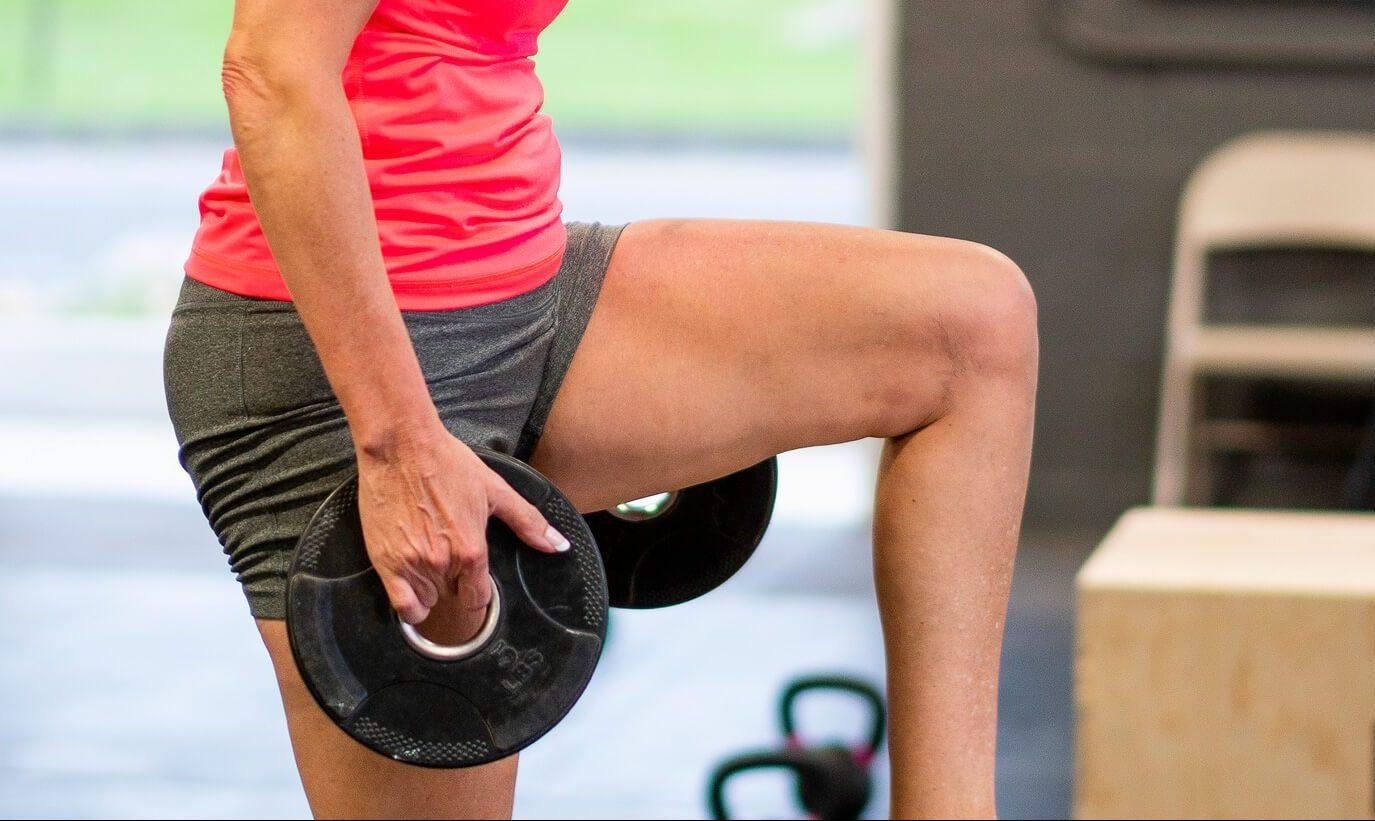Osteoarthritis is the progressive loss of cartilage in joints.
The cartilage, including the meniscus, in a healthy knee joint functions, to absorb the forces in your knee as you squat, kneel, walk or run. A healthy joint is lubricated by synovial fluid.
In osteoarthritis, this cartilage can thin and tear, which reduces its ability to absorb shock.
Also, bone spurs can develop on the edges of the joint.
The joint fluid becomes watery and less efficient at lubricating the joint.
As the joint’s ability to absorb shock and lubricate itself is compromised, movement can become painful and stiff.
Risk factors for developing osteoarthritis
The ones you can’t change:
- Female
- Genetics
- Advancing age
The ones you can:
- Trauma
- Occupation – repetitive kneeling
- Overweight
- Muscle strength
Management
Current national and international clinical guidelines recommend patient education, exercise and weight loss as first-line treatment for osteoarthritis.
The main aims of treatment are:
- Achieve a healthy body weight
- Control pain
- Manage a healthy lifestyle
Carrying more body weight has been shown to increase the forces going through the knee joint.
Unfortunately, often knee pain then stops people from being able to exercise which contributes to weight gain.
To break this cycle, a supervised, guided and graduated physiotherapy exercise program has been shown to be effective in reducing the symptoms of osteoarthritis for up to six months.
At Lifecare Essendon Physiotherapy, we offer the KORE program which involves:
A first appointment explaining the program and completing an assessment of your current functional ability.
Twelve classes across six weeks. Participants are addressed in small groups and participate in two modules:
- Pain module – Learn about what knee osteoarthritis is, what’s causing it and how best to cope with it
- Rehabilitation module – Participants are given a tailored and progressive rehabilitation program to help strengthen muscles and improve pain levels both at rest and with activity.
KORE is delivered by physiotherapist, Emily Allen, who has experience working in hip and knee arthritis and joint replacement clinics at two of Melbourne’s largest public hospitals. She also over ten years of clinical experience and a post graduate qualification in Masters of Musculoskeletal Physiotherapy. Dietetic and podiatry services are part of the protocol when required.

